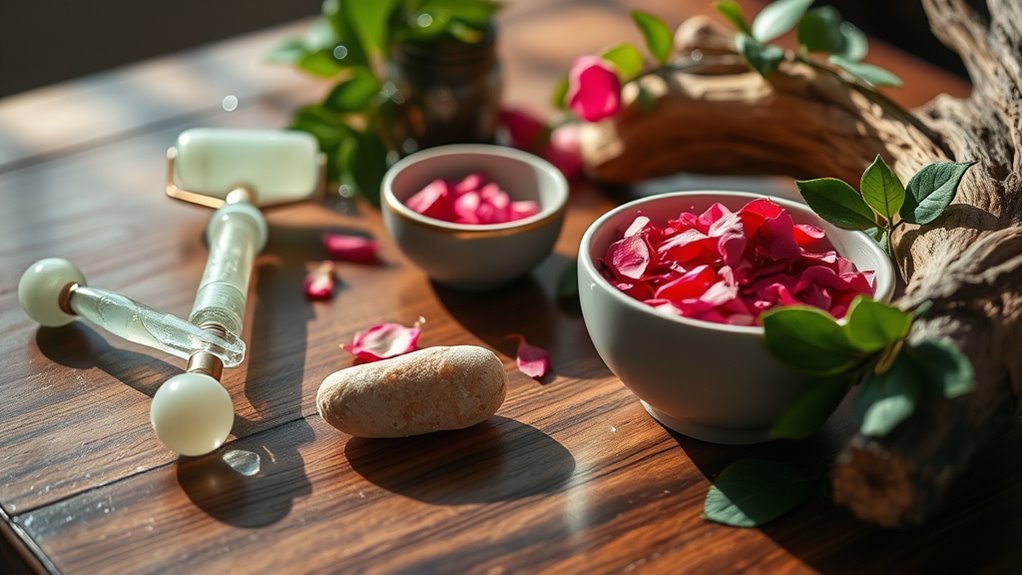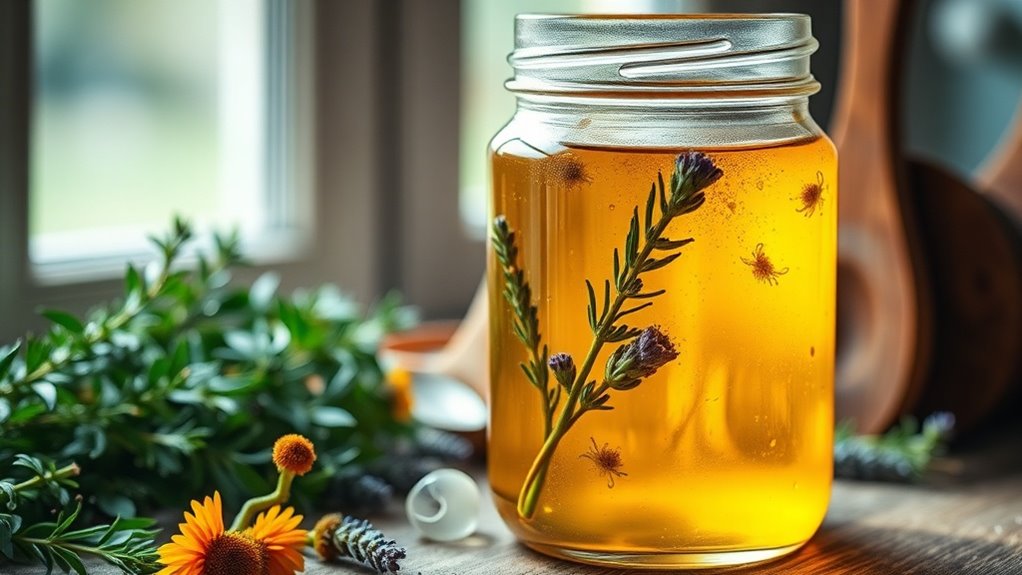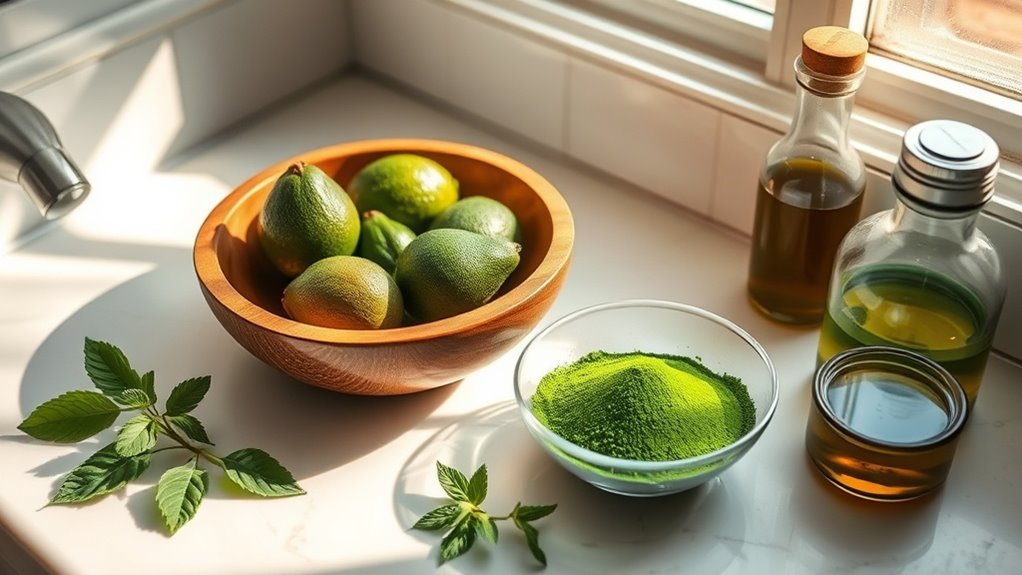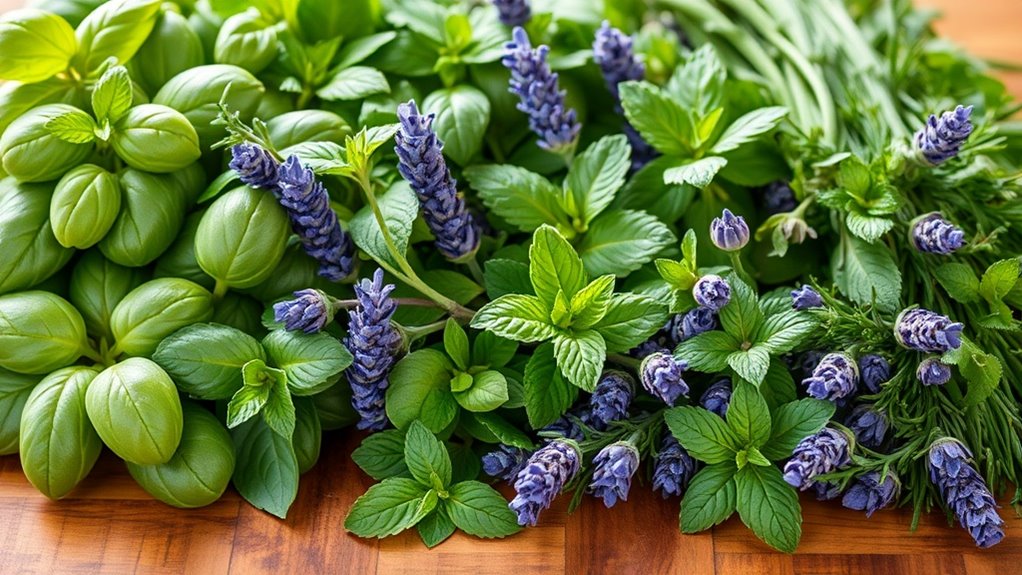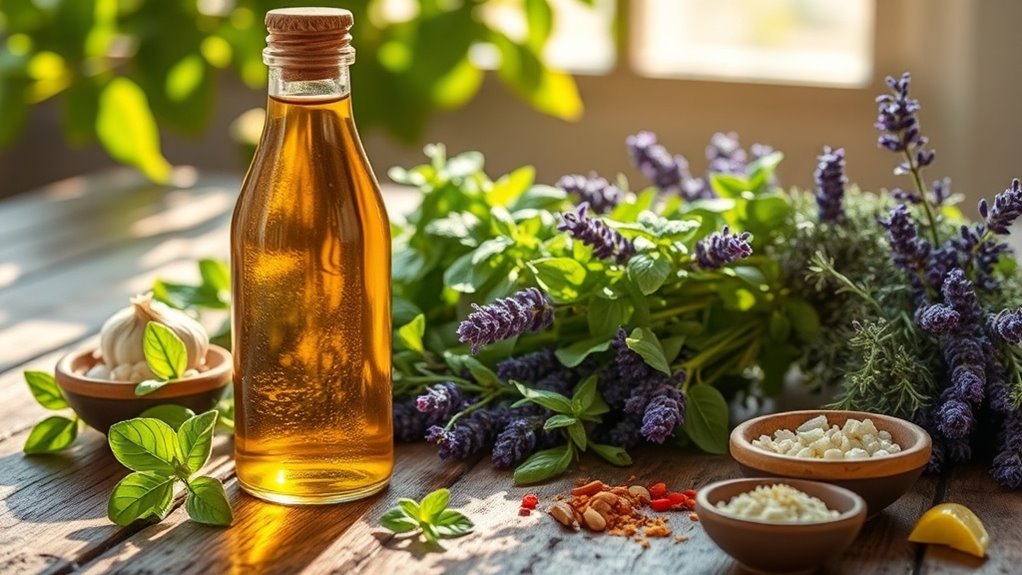Why I’m Obsessed With Ancient Beauty Rituals Lately
You’ve likely become obsessed with ancient beauty rituals lately because they blend timeless practices with modern simplicity. These rituals use natural ingredients like honey and olive oil, rooted in historical traditions, making self-care feel authentic. They offer a holistic approach that not only enhances your beauty but also connects you to past cultures. Plus, they emphasize sustainability, teaching valuable lessons for today. Discover how these ancient techniques can transform your routine even further.
The Allure of Timeless Traditions
Why do ancient beauty rituals continue to captivate us today?
It’s simple: they connect us to natural beauty traditions that have stood the test of time.
You’re drawn to these rituals because they offer authentic, holistic approaches to self-care, often using accessible ingredients from nature.
Whether it’s the use of honey for hydration or oils for nourishment, these practices remind you that beauty doesn’t have to be complicated or synthetic.
Plus, they provide a sense of history and cultural significance, making your beauty routine feel more meaningful. Incorporating ancient beauty rituals allows you to celebrate both yourself and the past.
Embracing these timeless traditions allows you to celebrate both yourself and the past.
Historical Significance of Ancient Beauty Practices
Ancient beauty practices aren’t just relics of the past; they carry profound historical significance that enriches our understanding of self-care today.
By exploring these rituals, you gain insight into cultural values and the evolution of beauty standards.
They remind you of the human connection to nature and the pursuit of self-expression.
- They reflect societal norms and ideals of femininity and masculinity.
- They highlight the resourcefulness of ancient civilizations in using what was available.
- They connect you to a lineage of women and men who prioritized self-care.
These practices inspire modern trends, blending history with contemporary wellness. Additionally, many of these ancient techniques, such as natural ingredients in skincare, continue to influence contemporary formulations and routines in effective ways.
Ingredients From the Past: Nature’s Bounty
While you might think modern beauty products are unmatched, nature’s bounty from ancient times reveals a treasure trove of ingredients that have stood the test of time. These natural elements not only nourish your skin but also connect you to historical beauty traditions. Here’s a quick look at some standout ingredients:
| Ingredient | Benefits | Ancient Use |
|---|---|---|
| Honey | Moisturizes, antibacterial | Egyptian skincare |
| Olive Oil | Hydrates, rich in antioxidants | Greek beauty rituals |
| Rose Water | Soothes, balances skin pH | Persian beauty practices |
| Turmeric | Reduces inflammation, brightens | Ayurvedic solutions |
Embracing these ancient ingredients can elevate your beauty routine! In fact, the timeless effectiveness of these heritage beauty tricks continues to benefit skin care routines today.
Rituals That Stand the Test of Time
Many of the beauty practices we cherish today have roots in age-old traditions that continue to resonate with modern sensibilities.
You’ll find that timeless rituals not only enhance your beauty but also connect you to a rich heritage.
Consider incorporating these enduring practices into your routine:
- Honey masks for hydration and glow, a staple since ancient Egypt.
- Herbal steam facials to cleanse and refresh, favored by Japanese geishas.
- Coconut oil massages for nourishment, loved by cultures worldwide.
These rituals remind you that beauty is a journey steeped in history, inviting both self-care and mindfulness into your daily life. Additionally, the use of herbal skin rituals can significantly improve your skin’s texture and overall health, as documented in various beauty regimens.
Cultural Influences on Beauty Standards
Beauty standards have always been shaped by cultural influences, reflecting historical practices and global aesthetic ideals.
You’ll find that what’s considered beautiful varies dramatically from one culture to another, often rooted in tradition and societal values.
As you explore these diverse perspectives, you’ll see how they continue to impact modern beauty rituals today. Many cultures also incorporate rituals based on moon phase energy, which enhances their traditional beauty practices.
Historical Beauty Practices
Throughout history, cultures around the world have shaped their beauty standards through unique rituals and practices.
These methods reflect not just aesthetics but also values and beliefs.
You might be surprised to discover:
-
Ancient Egyptians used kohl to enhance their eyes, believing it warded off evil spirits.
-
Japanese Geishas employed intricate makeup techniques, highlighting their artistry and grace.
-
Indigenous tribes often used natural dyes and oils, celebrating their connection to nature and community.
These historical beauty practices remind us that beauty is a canvas shaped by culture, emotion, and tradition, making it timelessly fascinating and deeply personal.
Global Aesthetic Ideals
Cultures around the globe influence beauty standards in fascinating ways, shaping what’s considered attractive and desirable.
From the curvaceous figures celebrated in West Africa to the porcelain skin revered in East Asia, you’ll notice how cultural heritage dictates preferences.
Social media amplifies these ideals, creating a melting pot of trends that can sometimes clash.
You might find yourself drawn to minimalist Scandinavian aesthetics or the bold colors of Latin American beauty.
As you explore these diverse influences, remember that beauty is a dynamic concept, constantly evolving and reflecting the rich tapestry of global cultures.
Embrace the variations—there’s beauty in diversity!
Transformative Effects of Ancient Techniques
Ancient techniques have a remarkable ability to transform not just the skin, but also the overall approach to self-care. By embracing these rituals, you’ll discover:
- A deeper connection to your own body, fostering a sense of empowerment.
- Holistic benefits that extend beyond beauty, enhancing mental and emotional well-being.
- Timeless wisdom that inspires a more mindful, intentional skincare routine.
These practices encourage you to slow down, appreciate the process, and redefine beauty standards.
Incorporating natural DIY skincare techniques can elevate these rituals by utilizing simple ingredients from your kitchen.
As you integrate these ancient methods into your life, you’ll find an enriching path to self-love and confidence that transcends the superficial.
Incorporating Ancient Rituals Into Modern Life
Incorporating ancient beauty rituals into your modern life can be a game-changer for your self-care routine.
Start by exploring natural ingredients like honey, olive oil, and clay, which have stood the test of time.
Create a weekly face mask using these elements, allowing your skin to absorb their nourishing properties. A simple DIY natural clay mask can significantly boost your skin’s radiance and promote glowy skin when used regularly.
Embrace practices such as dry brushing or herbal baths to enhance circulation and relaxation.
You could also adopt mindful meditation techniques from ancient cultures to elevate your self-care experience.
Sustainable Beauty: Lessons From History
How can we draw inspiration from the past to create a more sustainable beauty routine today?
Ancient civilizations prioritized natural ingredients and eco-friendly practices, reminding us that beauty doesn’t have to come at a cost to the planet.
Here are some lessons we can embrace:
- Use local, seasonal ingredients: Like the Egyptians with their oils and herbs, sourcing locally minimizes your carbon footprint.
- Embrace minimalism: Historical beauty routines often featured fewer, high-quality products, reducing waste.
- Recycle and repurpose: Ancient cultures reused containers and tools, encouraging creativity and sustainability in our routines. Additionally, adopting modern sustainable beauty swaps, such as natural ingredients, can further enhance our commitment to the planet.

